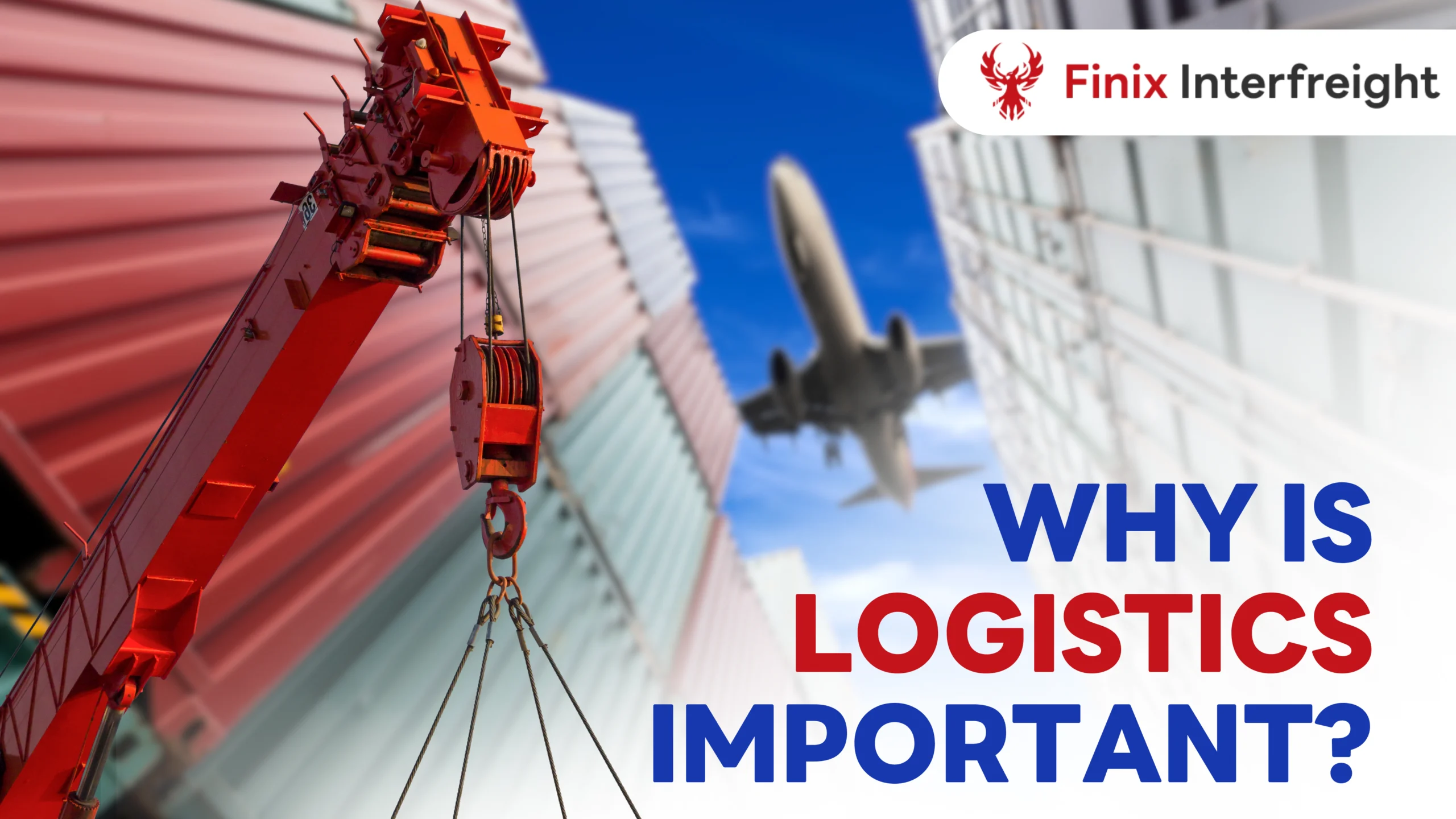Why is Logistics Important? Understanding the Importance of Logistics
In a world where the movement of goods and services is rapid, logistics has become one of the key factors that enable businesses to operate efficiently. Logistics is not just about the transportation of goods; it also includes planning, managing, and controlling various processes related to the movement of products from the point of origin to the destination. While many people may ask, “What is logistics?” we will explore and understand its significance, as well as the different types that exist today.
What is Logistics?
Logistics refers to the process of planning, implementing, and controlling the movement and storage of goods from the point of origin (such as purchasing raw materials) to the delivery of products to customers. Logistics encompasses several areas, including transportation, warehousing management, supply chain management, and after-sales service, all of which play a role in creating a positive customer experience.
Why is Logistics Important?
1. Operational Efficiency:
Efficient logistics management reduces costs and transit times, allowing businesses to deliver products on time and minimizing the risk of loss.
2. Customer Satisfaction:
Customers often seek quick and reliable services. A good logistics system helps build trust and satisfaction, leading to repeat purchases.
3. Supporting Business Growth:
Effective logistics allows businesses to expand into new markets and reach new customers more easily, especially in the digital age where online commerce is rapidly growing.
4. Supply Chain Management:
Good logistics management aids in controlling and managing the supply chain efficiently, from sourcing raw materials to delivering goods to customers.
5. Utilizing Technology for Efficiency:
Incorporating technology into logistics processes, such as tracking systems and data analytics, helps businesses respond quickly and accurately to market demands.
What Are the Types of Logistics?
Logistics can be categorized into several main types, including:
1. Internal Logistics:
Involves the movement and management of goods within an organization, such as warehouse and production management.
2. External Logistics:
Involves the transportation of goods to customers or vendors, including management of land, sea, and air transport.
3. Reverse Logistics:
The process related to returning products or managing unsold goods, which is crucial for maintaining customer satisfaction.
4. International Logistics:
Managing the transportation of goods at an international level, considering the varying regulations and taxes in different countries.
Logistics plays a vital role in the success of businesses in a highly competitive environment. Efficient logistics management not only reduces costs and transit times but also impacts customer satisfaction and organizational growth. Logistics is not merely about transporting goods; it involves planning and managing all related processes, from procurement and storage to delivery.
Having a good logistics system enables businesses to respond quickly and efficiently to market demands. Additionally, categorizing logistics helps businesses manage and analyze various processes more effectively.
If you are looking for a logistics company with over two decades of expertise and experience, we are the answer you need to ensure your business grows sustainably in all aspects of transportation and logistics.

